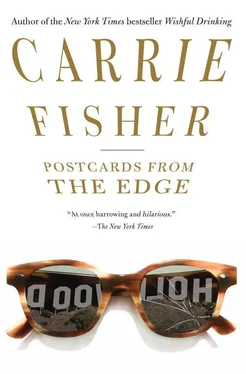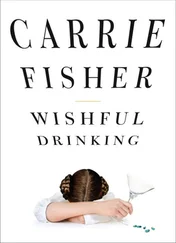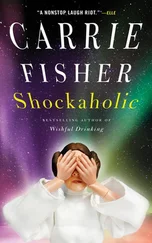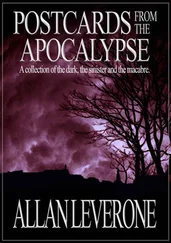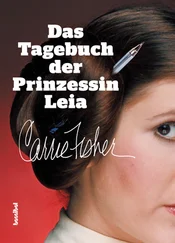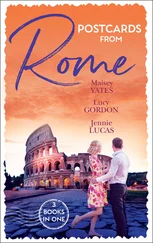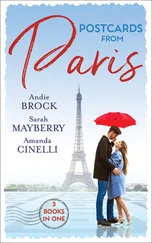“Well,” she said. “So the screening is what, Thursday?”
“The Ziz! screening?” he said. “It’s Thursday. You know that. Which one are you coming to, the seven or the nine?”
“Which one are you going to?” she said.
“I’m going to both,” he said. “I’m the producer. Obviously I’m gonna go to both.”
“Well, I’ll go to the late one,” she said. “Are you nervous?”
“I think it’s a fabulous film,” he said.
“I know,” she said, “but what if everybody else doesn’t think so?”
“Well, fuck ’em,” he said. “I think it’s a fabulous film.”
“Remember that line from The Philadelphia Story?” she said. “‘To hardly know him is to know him well’? I feel like that’s us, like we’ll just go on and on and on like this, but we’ll never quite get past the incandescence of that first meeting. There’s this sort of dull phosphorousness we maintain now, but… I mean, on a certain level, you’re the closest thing to love I have in my life right now, but it’s still far away. The closest thing I have to a relationship is very far away. I think that’s interesting.”
“I’d like to meet someone like you,” he said. “But there’s no one more like you than you.”
“Maybe we can get somebody to introduce us,” she said.

Dreaming Outside Your Head

Suzanne was desperate to do something she felt would legitimize her, or that would be perceived as legitimizing her. Something that would cause her to seem desirable. Ideally, she would accept the marriage proposal of a member of the Royal Family who would renounce his throne for her. Since this was hardly likely, she concentrated on an alternate plan: getting work.
She plagued her agents for months, until they finally got her an offer for a low-budget film called The Kitchen Sink , starring Robert Munch, who was best known for the series Mr. Blue , in which he played the janitor in a women-only apartment building. More recently, he had portrayed a bishop in the miniseries Read My Lips .
The Kitchen Sink was a mistaken-identity comedy about a pair of undercover cops—Munch and Suzanne—who endure a series of mishaps while investigating a prostitute ring, end up in jail, and then get married. Since the film was shooting just outside of Palm Springs, Suzanne decided to stay with her grandparents, who lived in a two-bedroom house in the desert. The house had a flag in the front and a pool in the back, both of which lent it a kind of protection, a strange bracket.
Her grandfather, whom she adored, had gotten pretty senile. Suzanne was never sure if he quite knew who she was, but, whoever she was, he was always glad to see her. He spent most of his time sleeping or watching Mexican TV, though he spoke almost no Spanish. Her grandmother, though, was as Right There as she could be without making people wish she was somewhere else. She had three Yorkies—Jigger, Peanut, and Howdie—and when she wasn’t doing her mosaics or microwaving Franco-American food, she was talking to her dogs. “Didn’t she, Jigger?” she would croon. “Wouldn’t I, Peanut?” “Isn’t that right, Howdie?”
On the morning of her first day of shooting, Suzanne’s alarm rang at five. She went into the bathroom and, without turning on the light, started her bath. Then she climbed back into bed for a brief reprieve, trying to be grateful she was finally working again.
She lay there, half awake, thinking about the wrap party of her first movie. She had hugged her dresser, Rosie, a forty-five-year-old woman with a thick Cockney accent, and said, “I’ll miss you so much. Give me your address and phone number.” Rosie had replied, “Luv, what’s more’n likely’s we’ll never see each other again.” Ten years had passed since then, and so far Rosie was right.
It was always like that, Suzanne thought, as she stepped into her bath. You did a film for a few months and you got a family. An intimate family with its own dynamic, its own in-jokes, its own likes, dislikes, and romances. The intensity of it was heightened by the knowledge that it was all temporary. Not only did you know that it would end but, give or take a week or two, you knew when . What you didn’t know was how the whole thing would turn out. It could be good entertainment, it could be bad. It could succeed, it could fail. It was mining for celluloid gold. Suzanne dressed quickly, not bothering to dry her hair, and crept out of the dark house, past the dogs, the microwave, and the Stars and Stripes, and into the station wagon that waited in the driveway to take her to work.
They arrived at the set at five thirty, just as the sun was coming up over the Joshua trees. Suzanne watched the frantic activity of the set against the otherwise serene backdrop of the desert. It was as if this movie set was some inane act of nature. “And the Lord said, ‘Let there be entertainment,’” thought Suzanne as she got out of the car. Then, remembering the script, she added, “‘Of sorts.’”
A man with a beard—Suzanne guessed he was an assistant director—came toward her, speaking into a walkie-talkie. “Yep, she just got here,” he said. “I’ll show her to her trailer.” He smiled at her. “I’m Ted,” he said, “designed to make your life a more annoying place to be.”
Suzanne smiled back, bowed her wet head, and said, “Suzanne, designed to be annoyed.”
Ted laughed. “Then we ought to get along great.” He led her to a long trailer consisting of a row of doors, each of which had a name on it. “And this, of course, is your—”
“My hamster cage,” Suzanne interrupted cheerfully as she surveyed her allotted space.
“I was going to say ‘resting place,’” Ted said.
“My resting place,” Suzanne repeated. “My final resting place. I always suspected it would end like this—alone in a tiny room with an air conditioner, a toilet, and an AM radio, in the middle of nowhere.”
“Hopefully, it won’t end like this,” said Ted. “It’ll just middle.”
“Yeah, it’ll probably end alone in a large air-conditioned room with an AM-FM radio.”
“Well, this is a grim way to start the day,” said Ted. “I know!” he said brightly. “Let’s get you into some makeup. That’ll cheer you right up.”
“Oh, yeah,” said Suzanne, following him to another trailer. “Put a little base and lipstick on me and I’m just a giggling fool.”
They walked up some steps into a fat one-room trailer where a man stood toying with a red wig while a woman sat reading a magazine. “I bring you the head of Suzanne Vale,” Ted announced. “Suzanne, this is Marilyn, our makeup artist, and this is Roger, our hair stylist.” Everyone exchanged hellos.
“Ooh, your hair is still wet,” Roger fretted. “You’d better come to me first.”
“I’ll leave you folks and check on how the caterers are coming with breakfast,” said Ted. He opened the door, letting in some beautiful dawn desert air, then slammed it behind him.
Suzanne sat in Roger’s chair, staring at the reflection of her dread morning face. Roger browsed his cassette rack. “Do you want calming or stimulating?” he asked her.
Suzanne mulled it over for a few moments. It was a question she had asked herself about men. She had finally decided she wanted stimulating that very subtly became calming—a holocaust that became a haven. She had hoped Jack Burroughs might make this improbable leap, but he had merely made the transition from stimulating to stressful. “Calming,” she finally replied.
Читать дальше
